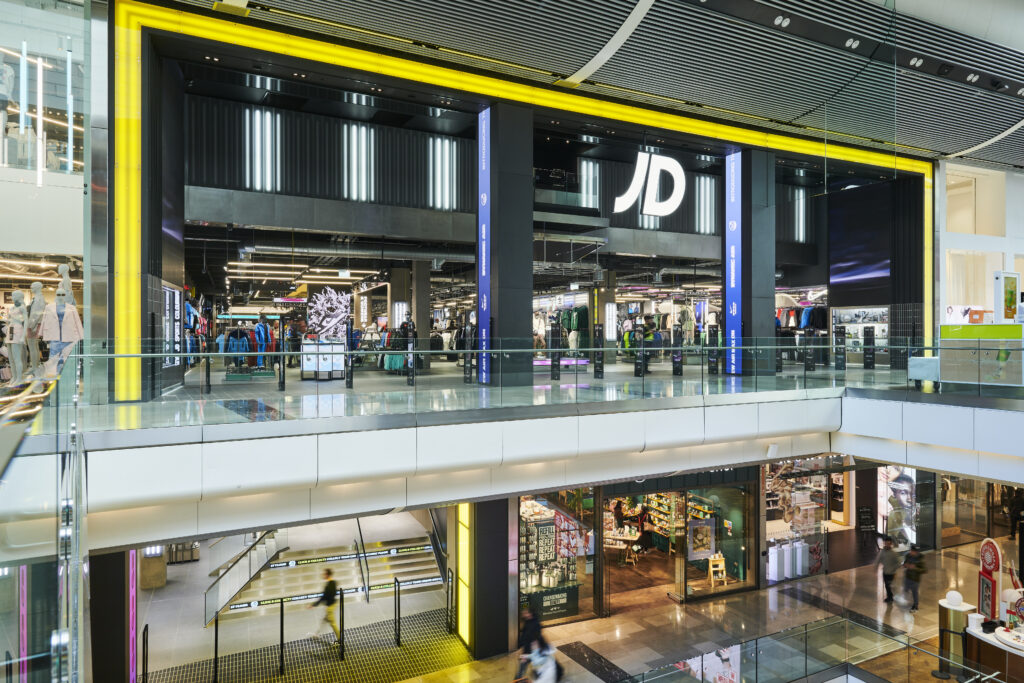The floatation of Chinese B2B website Alibaba.com is to float on the New York Stock Exchange within the next couple of weeks, according to the Wall Street Journal. It is estimated that the IPO will raise around $20 billion, surpassing the $16 billion raised in Facebook‘s IPO two years ago, making it one of the largest ever companies floated on the NYSE.
Although Alibaba might not yet be a household name in the western world, it is arguably the largest e-commerce company in the world (eclipsing even the behemoth that is Amazon) and is part-owned by Yahoo.
The parent company of Alibaba.com, the Alibaba Group, was founded in 1999 by Jack Ma (compared by many to Bill Gates) to bring together Chinese manufacturers and overseas buyers. Other Alibaba Group holdings include Taobao.com (a customer-to-customer website that is China‘s answer to eBay) and together the Alibaba Group‘s companies account for 60 per cent of all parcels delivered in China.
Furthermore, Alibaba, unlike Amazon, is an extremely profitable company, reporting profits of $3.75 billion in the year to 31 March 2014. Of the 300 million plus Chinese, nearly all of them shop online using Alibaba. Analysts predict Alibaba could be worth as much as $200 billion, roughly twice the market cap of Amazon and eBay combined!
There have been questions raised about the extent to which the Alibaba Group has taken the necessary steps to ensure due diligence in its recent rapid growth, which has included the acquisition of everything from a film company to Chinese football club Guangzhou Evergrande. Alibaba has spent over $5 billion this year on 13 acquisitions, but there are concerns that the film company mentioned, the renamed Alibaba Pictures Group, might not have its accounts in order.
Tony Chu, a Hong Kong-based portfolio manager at RS Investments, said of Alibaba: “They‘re under a lot of competition pressure, which led them to make some of these deals, but I don‘t think a lot of them are actually well thought out”. But the Alibaba Group issued a statement in reply, ensuring possible shareholders that the “new management team has a firm commitment to transparency, good corporate governance, and investor protection”.
Alibaba has constantly had to deal with issues surrounding its credibility in western circles in recent years. Most notably, the platform has encountered difficulties in attracting premium brands, such as Burberry, because of concerns surrounding its commitment to eliminating fake and counterfeit products (which accounted for 80 per cent of Alibaba‘s sales last year) that have damaged the profitability of such brands.
Questions have been raised more generally regarding the reliability of a business embroiled in a controversy over its payment system, as well as the concerns of potential shareholders over the degree of Ma‘s involvement. It remains to be seen whether investors will be able to look past this when Alibaba floats in the coming weeks.

















